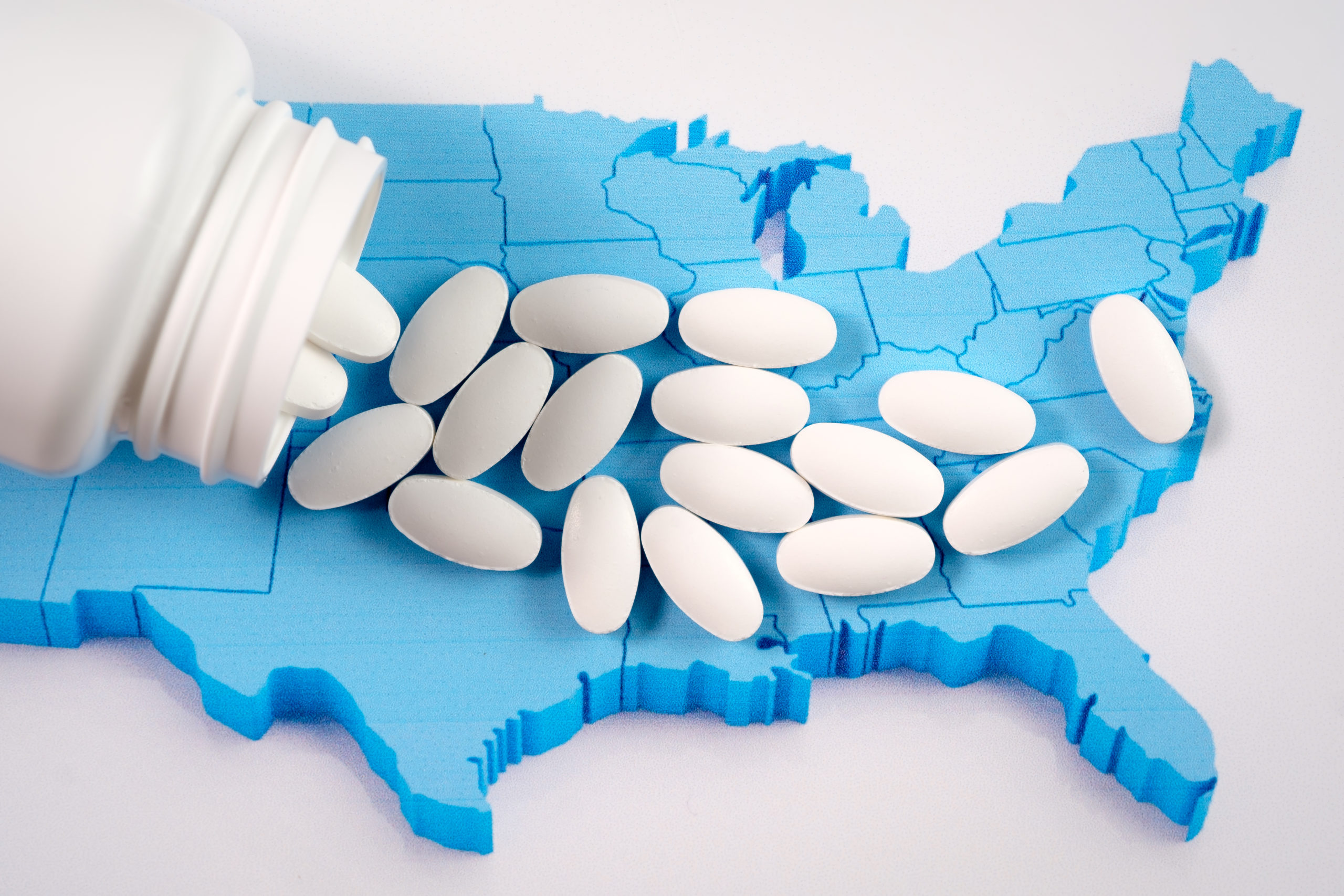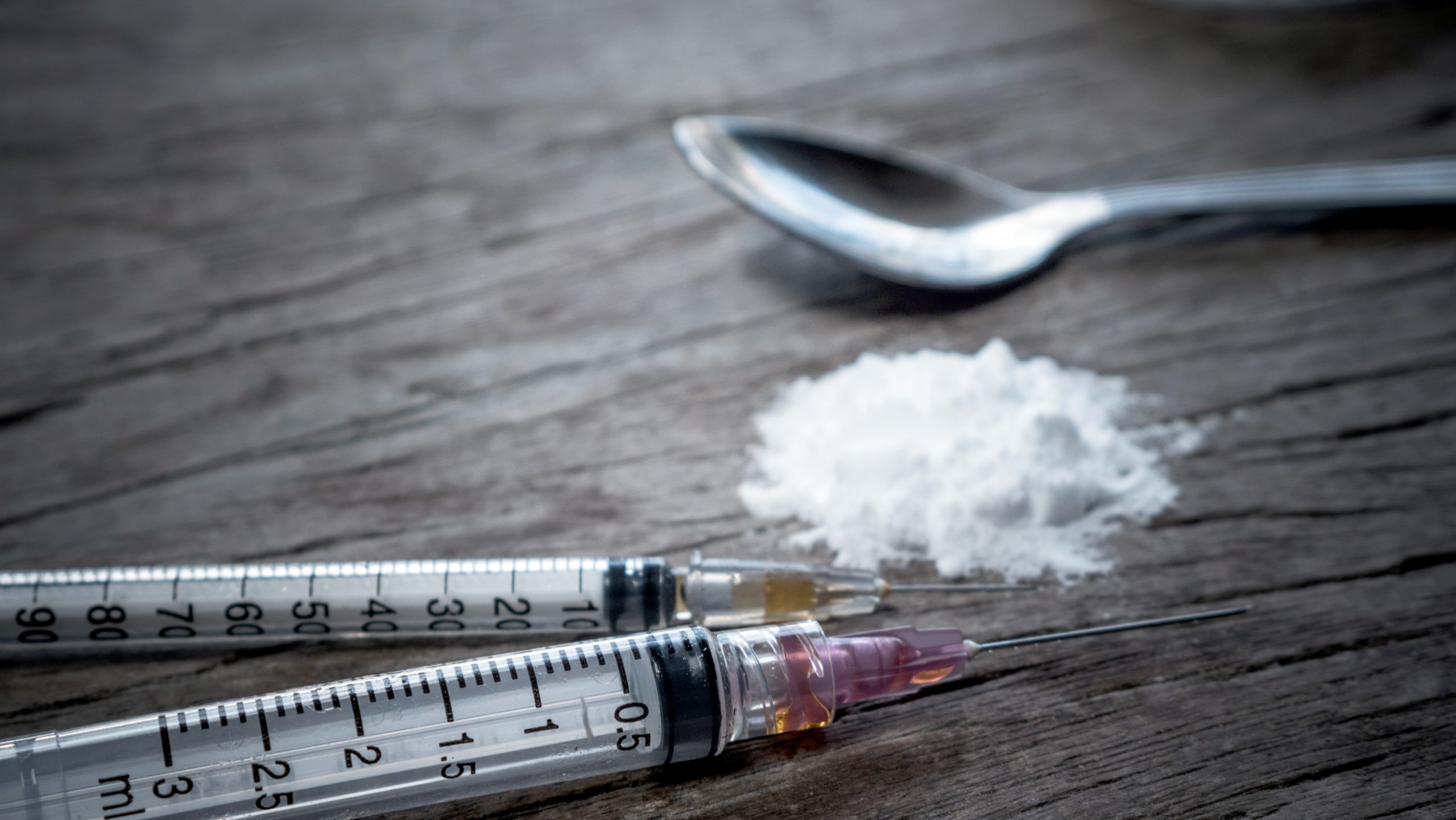Addiction is a serious disease that comes in many shapes and forms. One drug that is highly addictive is opioids. Opioids are split into two categories: legal and illegal. Legal opioids, such as codeine and Percocet, happen to be some of the most commonly prescribed pain medications in the US. They are extremely addictive, even when taken as prescribed. It’s estimated that about 2 million Americans a year misuse opioids.
If you’ve found yourself here because you feel like you’ve been abusing opioids and are not sure if you’re addicted, keep reading to find out common signs and symptoms of an opioid addiction. Please note the purpose of this blog is to raise awareness for warning signs of addiction, not to provide a diagnosis.
What Is an Opioid Addiction?
This is an addiction that usually involves medications that are used to help people cope with acute and chronic pain. Acute pain can be caused by surgeries or accidents, like breaking a bone. Some of the most common forms of opioid medications include OxyContin, Hydrocodone, Lortab, Percocet, and Vicodin. If someone has an addiction to opioids, their brain chemistry has been changed to believe that it requires these medications just to remain alive.
How Does One Get Addicted to Opioids?
An opioid addiction often begins both innocently and innocuously. Many people who have an addiction to opioid medications are initially prescribed pain medications to help them manage a serious medical condition or injury. For example, if you need to have surgery, you will be prescribed pain medicine to manage the pain post-op. If you consistently take the medication, your body will become physically dependent on the drug.
Opioids are powerful medications that are supposed to help manage acute pain, not chronic pain. Unfortunately, many people end up taking opioids for chronic pain anyway. Back pain is one of the most common reasons why someone might be prescribed opioid medications. Eventually, people who use legal opioids may start to use illegal opioids as well, such as heroin.
Signs and Symptoms of an Opioid Addiction
If you think you’re suffering from an addiction to opioids, there are a few signs and symptoms to look for:
- Taking more pills daily than prescribed
- Starting to feel like your prescription isn’t strong enough
- Obsessive thoughts about the medication
- Running out of your pills before the refill is ready
- Starting to buy pills illegally because you can’t get a prescription refill
- Going to different doctors to try to secure multiple prescriptions
- Feelings of wanting to isolate and not be around family or friends
- Feelings of being depressed and not interested in anything
- Being worried when you only have a few pills left
People who suffer from an addiction to opioids may end up progressing to street drugs in an effort to control their pain because prescription medications no longer work for their discomfort. If you or a loved one may be struggling with opioids, please reach out to us today.
Let Us Help You!
At Newport Beach Recovery Center, we are a drug and alcohol rehab center located in the beautiful area of Costa Mesa, CA. Our trained professionals have an extensive amount of experience dealing with a wide variety of addiction and substance abuse issues. We are here to assist individuals and families who are struggling with addiction throughout the Costa Mesa, CA area. Please contact us today to learn more about how our addiction treatment program can help you!



